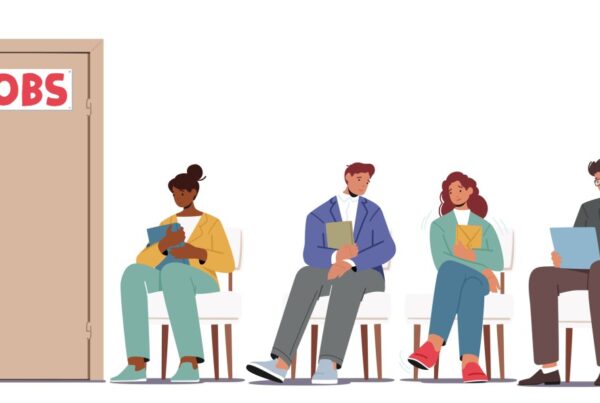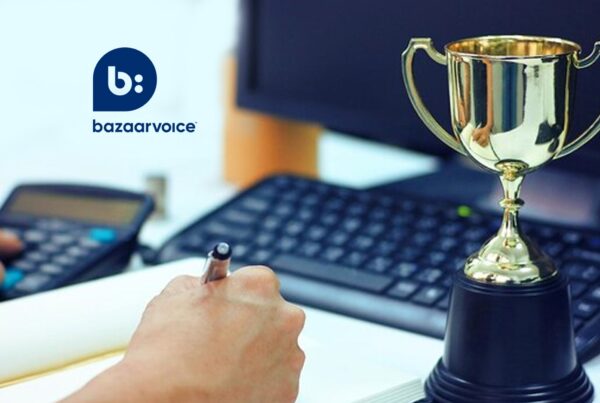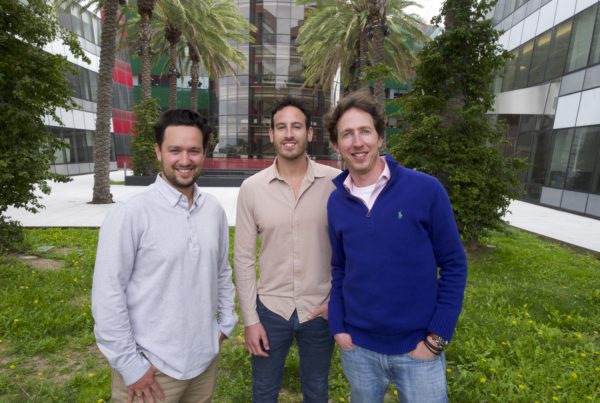Google has released Android 13 beta 3, and while there aren’t any major changes in this version, that’s probably the point of it as the version has reached platform stability.
This means that there won’t be any significant changes to Android 13’s APIs, and developers can tune their apps for the version when it rolls out to consumers.
“We’re asking all app and game developers to start your final compatibility testing now and prepare to publish your compatibility updates as soon as possible ahead of the final release,” the company said in a blog post.

Release timeline for Android 13
Google released the first developer beta in February, and made notable announcements with the release of the second public beta in May at its developer conference.
The firm has focused on enhancing privacy and security with this version, but it also has some visual changes under the Material You design, which it first launched with Android 12. Here’s a recap of some unique features in Android 13:
- Google will roll out pre-set color variants, so you can apply customized styles to apps.
- Android 13 will bring dynamic color functionality, so that app icons would match the schema of your background image on the home screen.
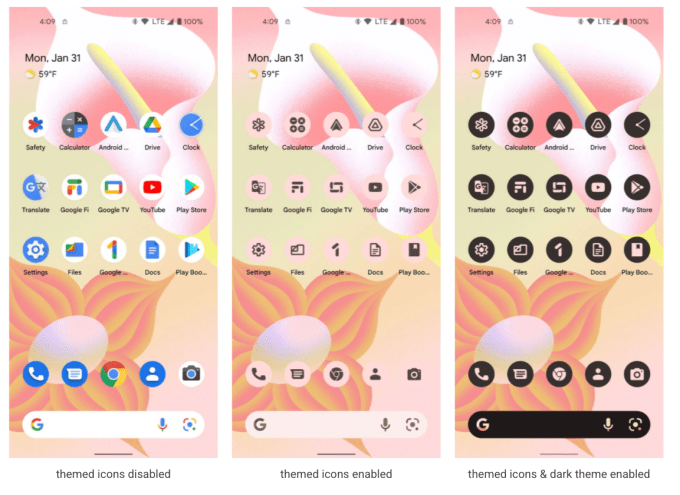
Themed icons
- Apps will now have to ask for your permission before sending you to push notifications. This means you can select if an app can send you notifications when you open it for the first time, preventing notification spam.
- Developers can tune their apps to ask for nearby Wi-Fi networks without having to ask for location permission. This ensures that you’re not giving up your location unwillingly to an app just so it can access your Wi-Fi network.
- Android 13 will also introduce a photo and video picker, which will allow you to share select media files with an app without having to give them access to your entire library.
- The upcoming Android version will also extend granular controls to the file system. You’ll be able to give access to your photos & videos and music & audio separately.
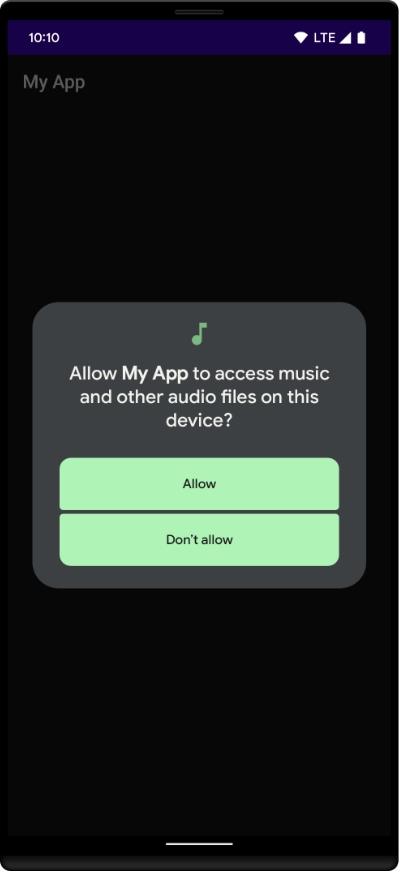
Image Credits: Google
- Apps will have to ask for specific permission if it’s using or monitoring background body sensors such as heart rate or temperature.
- Google will bring a language picker for apps, so you can choose a different language for each app, separate from the system language.
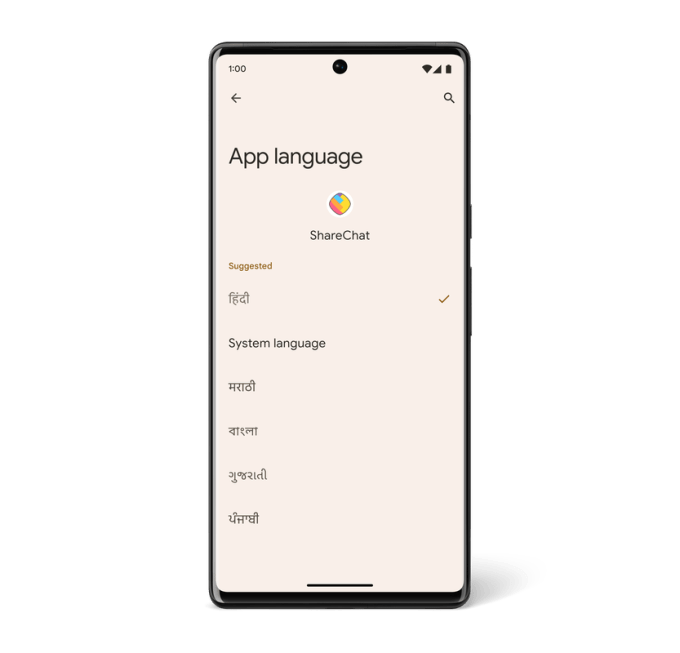
Android 13 language picker
- Android 13 will also have better support for larger screens like tablets and foldables. An updated taskbar will make it easier to switch between apps, or use two apps in the split screen mode.
Apart from these, there are some useful features like search shortcuts for Youtube, Maps, Play Store, and Settings and a new Privacy Control menu for mic, camera, location, and clipboard permissions.
At Google IO in May, the company announced that its budget phone, the Pixel 6a, will be available from July 28. Plus, its marquee Pixel 7 series will launch in the fall.
A comparison page on the firm’s site suggests the 6a will launch with Android 12. So we might only see the final release of Android 13 with the launch of Pixel 7.
Notably, this year, Google’s been two months early to hit platform stability as compared to the last year. Hopefully, this means that more apps will adopt Android 13’s features on launch.
Google’s announcement comes days after Apple released its iOS 16 beta for developers. Even though Android 13 will be available to select phones at launch, Google would want to compete with Apple to get bragging rights about its release date.



